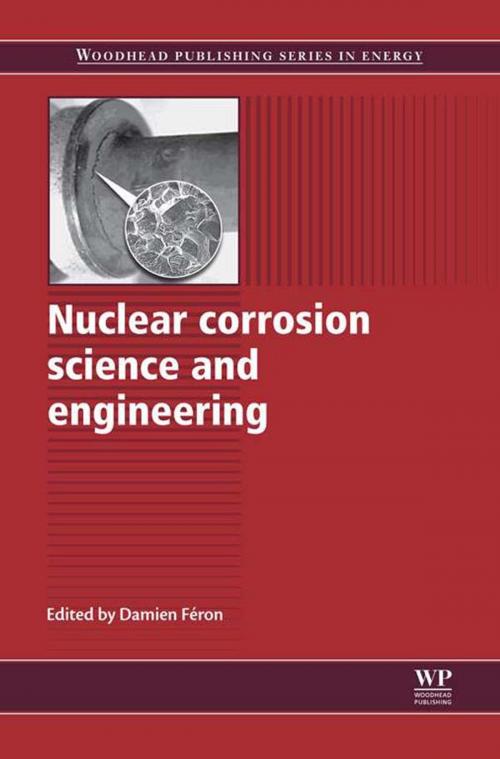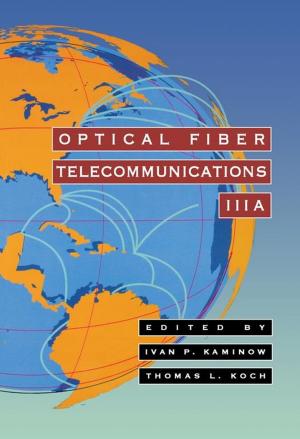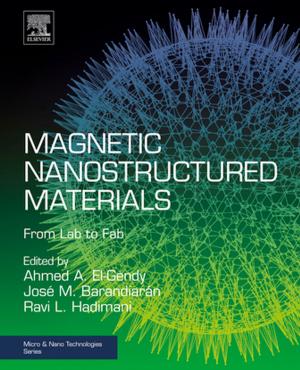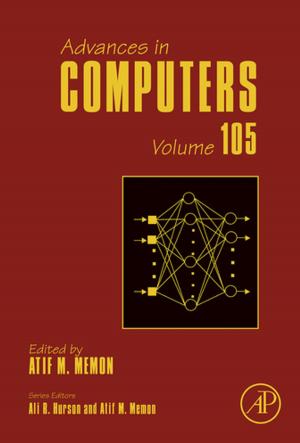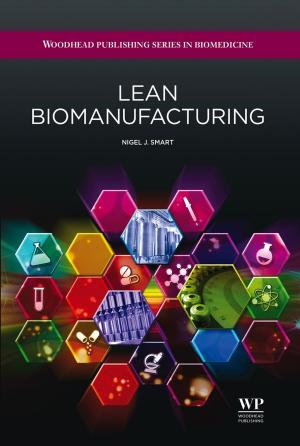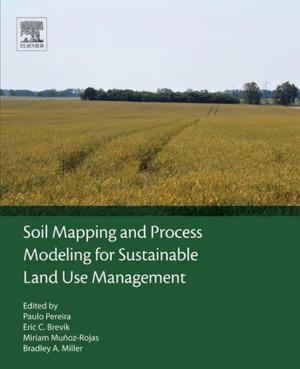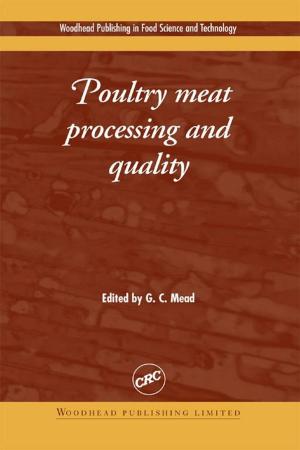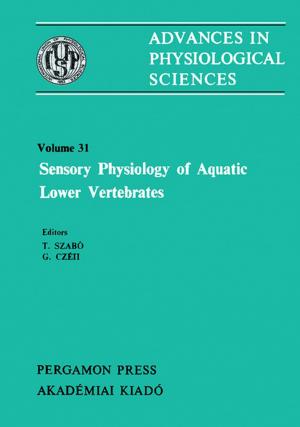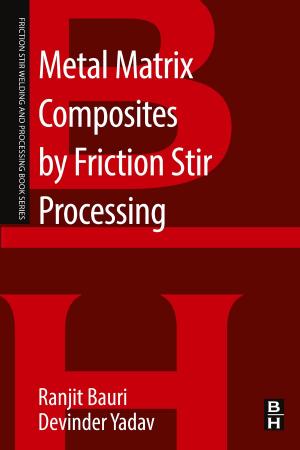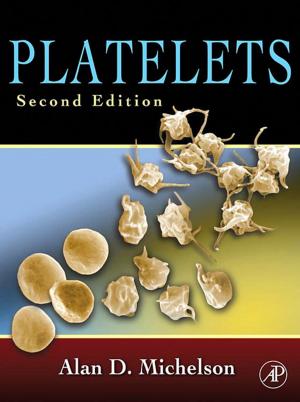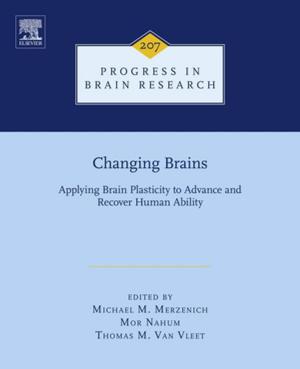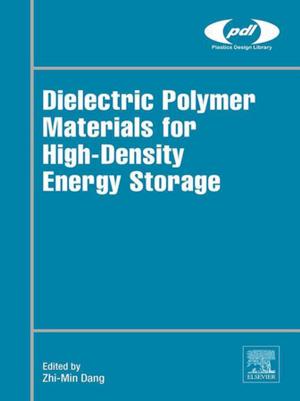| Author: | ISBN: | 9780857095343 | |
| Publisher: | Elsevier Science | Publication: | February 21, 2012 |
| Imprint: | Woodhead Publishing | Language: | English |
| Author: | |
| ISBN: | 9780857095343 |
| Publisher: | Elsevier Science |
| Publication: | February 21, 2012 |
| Imprint: | Woodhead Publishing |
| Language: | English |
Corrosion of nuclear materials, i.e. the interaction between these materials and their environments, is a major issue for plant safety as well as for operation and economic competitiveness. Understanding these corrosion mechanisms, the systems and materials they affect, and the methods to accurately measure their incidence is of critical importance to the nuclear industry. Combining assessment techniques and analytical models into this understanding allows operators to predict the service life of corrosion-affected nuclear plant materials, and to apply the most appropriate maintenance and mitigation options to ensure safe long term operation.
This book critically reviews the fundamental corrosion mechanisms that affect nuclear power plants and facilities. Initial sections introduce the complex field of nuclear corrosion science, with detailed chapters on the different types of both aqueous and non aqueous corrosion mechanisms and the nuclear materials susceptible to attack from them. This is complemented by reviews of monitoring and control methodologies, as well as modelling and lifetime prediction approaches. Given that corrosion is an applied science, the final sections review corrosion issues across the range of current and next-generation nuclear reactors, and across such nuclear applications as fuel reprocessing facilities, radioactive waste storage and geological disposal systems.
With its distinguished editor and international team of expert contributors, Nuclear corrosion science and engineering is an invaluable reference for nuclear metallurgists, materials scientists and engineers, as well as nuclear facility operators, regulators and consultants, and researchers and academics in this field.
- Comprehensively reviews the fundamental corrosion mechanisms that affect nuclear power plants and facilities
- Chapters assess different types of both aqueous and non aqueous corrosion mechanisms and the nuclear materials susceptible to attack from them
- Considers monitoring and control methodologies, as well as modelling and lifetime prediction approaches
Corrosion of nuclear materials, i.e. the interaction between these materials and their environments, is a major issue for plant safety as well as for operation and economic competitiveness. Understanding these corrosion mechanisms, the systems and materials they affect, and the methods to accurately measure their incidence is of critical importance to the nuclear industry. Combining assessment techniques and analytical models into this understanding allows operators to predict the service life of corrosion-affected nuclear plant materials, and to apply the most appropriate maintenance and mitigation options to ensure safe long term operation.
This book critically reviews the fundamental corrosion mechanisms that affect nuclear power plants and facilities. Initial sections introduce the complex field of nuclear corrosion science, with detailed chapters on the different types of both aqueous and non aqueous corrosion mechanisms and the nuclear materials susceptible to attack from them. This is complemented by reviews of monitoring and control methodologies, as well as modelling and lifetime prediction approaches. Given that corrosion is an applied science, the final sections review corrosion issues across the range of current and next-generation nuclear reactors, and across such nuclear applications as fuel reprocessing facilities, radioactive waste storage and geological disposal systems.
With its distinguished editor and international team of expert contributors, Nuclear corrosion science and engineering is an invaluable reference for nuclear metallurgists, materials scientists and engineers, as well as nuclear facility operators, regulators and consultants, and researchers and academics in this field.
- Comprehensively reviews the fundamental corrosion mechanisms that affect nuclear power plants and facilities
- Chapters assess different types of both aqueous and non aqueous corrosion mechanisms and the nuclear materials susceptible to attack from them
- Considers monitoring and control methodologies, as well as modelling and lifetime prediction approaches
